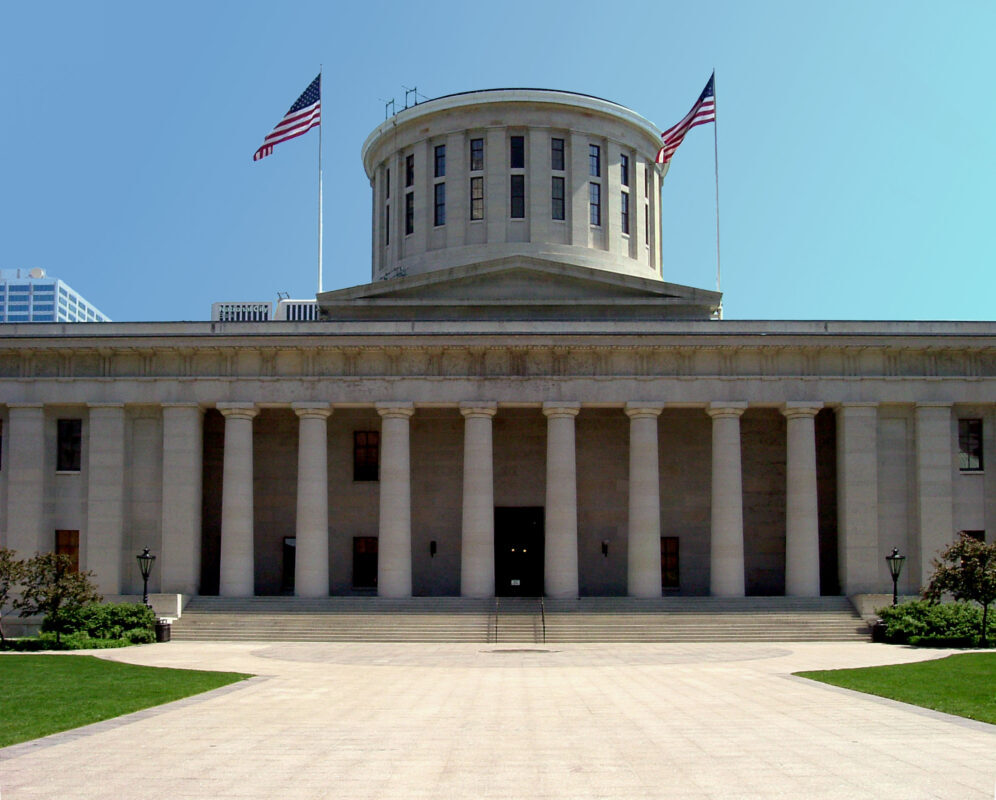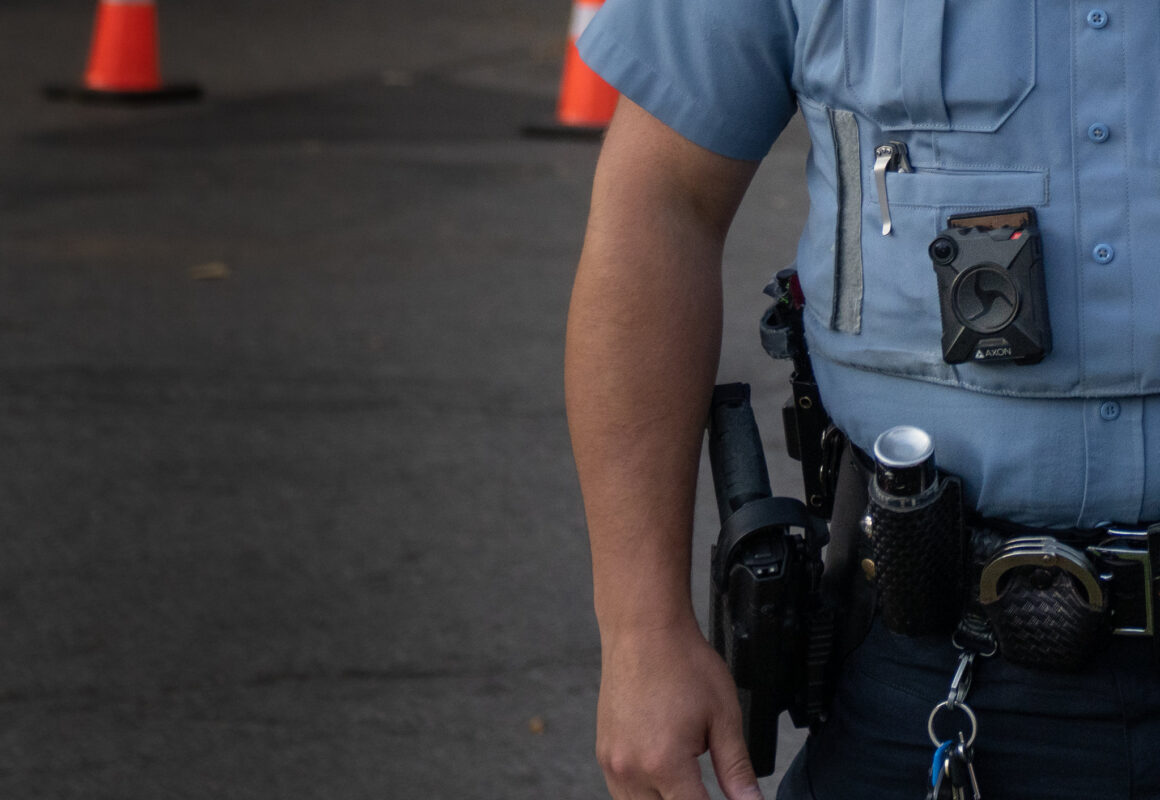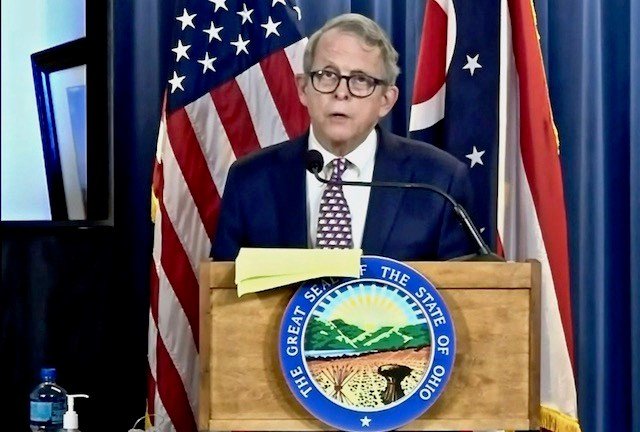By Nick Evans, Ohio Capital Journal
Ohio’s mayors are urging state lawmakers to work with them while warning the legislature not to interfere in local governance.
The Ohio Mayors Alliance includes the leaders of the state’s 30 biggest cities, which includes Delaware. The group spans the political spectrum and they met in Columbus Friday to discuss their agenda for the coming year.
The chief issues on their minds boil down to money and authority.
Treasure
Since the Kasich administration slashed a longstanding revenue sharing system known as the local government fund, cities have struggled to make ends meet. Most cities devote half of their budget to police and fire. Elyria mayor Frank Whitfield noted in his city it’s 60%.
“Anything that jeopardizes our funding of cities is jeopardizing the funding of police and fire,” he argued.
He and others spoke appreciatively about the state sharing COVID funding from federal sources like the American Rescue Plan but they also acknowledged the tap is about to run dry. Cincinnati mayor Aftab Pureval painted an even starker picture than Whitfield.
“Because of ARP funding Cincinnati was able to exist,” he said. “Without it, we would quite simply — would have failed.”
But looking ahead, he argued, the city faces a $25 million budget deficit in two years, and deferred capital maintenance costs of more than $300 million in five.
In addition to more sharing, the mayors also pressed lawmakers not to weaken what revenue streams they do have. Their biggest concern: remote work.
Because of local government fund cuts, cities rely heavily on income taxes. But the state calculates income taxes based on where work happens, rather than where a company is located. That put cities which bring in workers from outlying areas on shaky fiscal ground.
Early in the pandemic lawmakers allowed businesses to calculate remote work taxes as if they were visiting their expected worksite. The think tank The Buckeye Institute has gone to court and lobbied lawmakers to calculate taxes based on physical location.
“Municipal income tax is what drives job creation,” warned Dublin mayor Jane Fox.
“If remote work threatens our revenue stream, then we will not be able to continue to grow Ohio,” she added.
Findlay mayor Christina Muryn said their primary message is there are still “too many variables” to make broad policy changes.
Turf
The mayor’s other big point of contention is state laws preempting local action. Toledo’s Wade Kapszukiewicz compared these violations of “home rule” to laws restricting religion or free speech.
“This isn’t just something that we think would be nice,” Kasukiewicz said. “It is literally a constitutional right, that the citizens of Ohio have enshrined in our Constitution for the last 110 years.”
One of the most obvious policy areas where the state preempts local authority is on gun legislation. This week, lawmakers made a bid to add tobacco regulation to the list as well — days after Columbus approved legislation to ban flavored tobacco.
Gov. Mike DeWine has signaled concerns with the bill, and Columbus’ mayor, Andrew Ginther, is clearly hoping for a veto.
“I hope to stand with him as he takes another courageous step of standing up for kids and taking on big tobacco,” Ginther said.
When DeWine served in the Senate he proposed legislation to put tobacco under the FDA’s purview. Cleveland mayor Justin Bibb added the legislation would undermine his city’s anti-tobacco efforts, as well.
As for what to do about it Lancaster’s David Scheffler proposed a state and local government commission as an alternative to years-long court battles.
“There has to be a better way to resolve issues over home rule with our state lawmakers, and we believe addressing these matters on the front end with a state and local government commission is one way to do it,” he explained.
Reposted here with permission. Original article can be read here.










